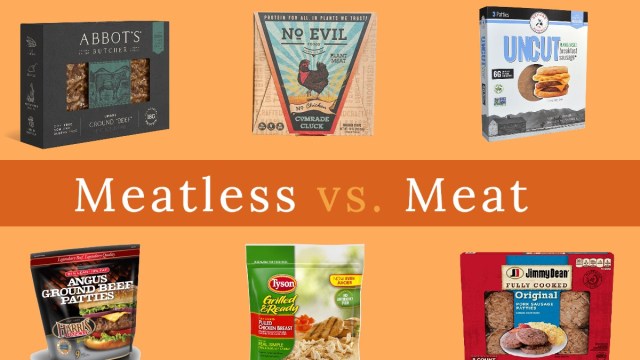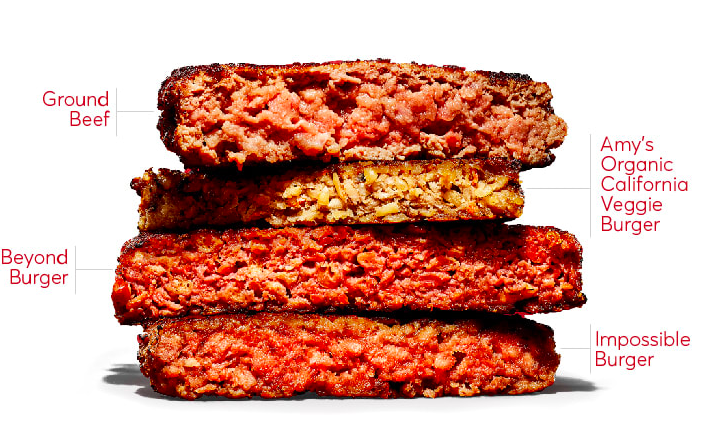What’s in a name? A rose would smell just as sweet if called by any other name wrote William Shakespeare. Apparently, Shakespeare was not familiar with marketing when it comes to meat and meatless products as the war goes on including labeling of products.

While the USDA is in charge of food labeling, they have no problem with these products as long as terms such as “plant- based” are used in the description. Cattle ranchers want the USDA to tighten up the rules to exclude any reference to meat terms. A proposed bill in Congress so far has gone nowhere. In response, ranchers have targeted state legislatures with the meatless industry claiming a restriction on their first amendment right of freedom of speech.
While meatless producers tout the health benefits of their products, beef producers counter that the meatless products are highly processed and full of chemicals contributing to obesity. Meatless products are mainly a combination of protein from soy or yellow peas with potato starch, beet juice and other ingredients to mimic beef’s sizzle and juiciness.
The meatless industry counters the cattlemen stating that their products are full of medicines and that the environmental impact from producing cattle for meat is far greater than the meatless type.
Grocery stores are caught in the middle of the tug of war although meatless products now appear in many national chains such as Albertsons and the more cautious Kroger chain.
Fast food has weighed in with their own versions such as the “Impossible Whopper“ of Burger King and the “Impossible Slider” of White Castle. The biggest boost has come from McDonald’s in Canada with its testing of a Beyond-based sandwich in Ontario costing $4.88 in U.S. dollars.
Although plant-based alternatives amount to only one percent of the total volume of meat sold, retail sales of meat fell .04% in the last 12 months of 2018-19 through October while sales of meat alternatives grew 8%.

The meatless industry makes no bones about the fact that they want their market share to grow at the expense of beef producers with the mindset that in the future consumers will look upon the slaughter of animals for meat as archaic or barbaric.
And so the war goes on.
The information in this article was obtained from the Wall Street Journal, November 30, 2019.